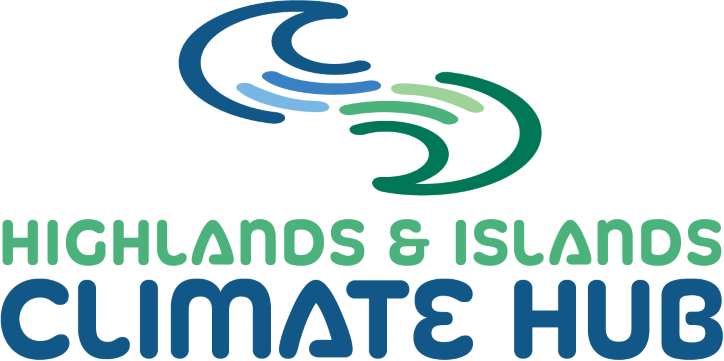The First Minister Visits Shetland: Community, Climate, and Conversation
Last week, the First Minister of Scotland, John Swinney, visited Shetland. I attended Shetland’s Future: Our Seat at the Table forum, which was completely sold out and featured an engaging Q&A session with Swinney, chaired by Hannah Mary Goodlad, the SNP candidate for Shetland.
The panel brought together diverse voices: musician Claire White, who spoke passionately about Shetland’s language and cultural identity; Hanz Marter, editor of The Shetland News, who raised the importance of decentralisation and local decision-making; and Beth Mouat, Director of Research at UHI Shetland, who highlighted the unique example of Shetland’s community-led fisheries legislation, the Shetland Islands Regional Marine Plan (SIRMP).
A large part of the evening focused on energy. Hannah Mary connected the lessons from fisheries to the ongoing debates around onshore and offshore wind development. Daniel Gear of Voar Energy reflected on the Viking wind farm and the challenges of ensuring Shetland communities see real benefits from large-scale projects.
“A Shining Example”
Earlier that same day, the First Minister had visited the Garth wind farm in Yell, run by the North Yell Development Council (NYDC), a Climate Hub member. He praised the project as a shining example of what community determination can achieve. He admitted that without the “absolute tenacity” of NYDC, the project might never have happened, a message that drew warm applause from the audience.
That moment really underlined a key theme of the evening: the power of community-led action. As Daniel put it, communities need to be empowered and equipped to compete against the interests of big corporations if we want a just energy transition.
Direct Dialogue with the First Minister
At the end of the evening, there was a chance for the audience to ask questions. I asked the First Minister about oil and gas in Shetland, especially Rosebank oilfield, framing it from the perspective of climate change and the urgent need to shift to renewables. He acknowledged the challenge, explaining the government’s environmental assessments on new oil developments, while also stressing that oil remains part of the transition. While I wasn’t entirely convinced by his answer, I appreciated his honesty and the openness he showed throughout the discussion. Two hours of questioning is no small feat, and I respect him for engaging with Shetlanders directly.
The Shetland’s experience, from fisheries to wind power, shows what can be achieved when communities take the lead. That’s exactly what the Highlands and Islands Climate Hub is here to support: empowering local people and projects to tackle climate challenges in ways that deliver real, lasting benefits. Whether it’s community-owned renewables, protecting our marine environment, or strengthening local culture and decision-making, the solutions will come from the ground up.


